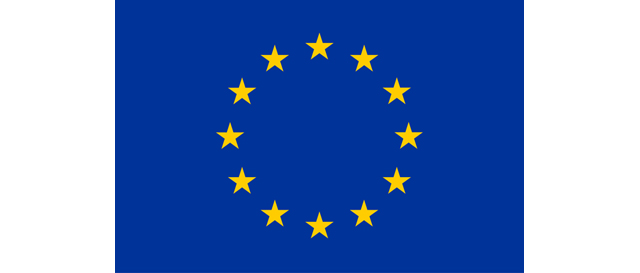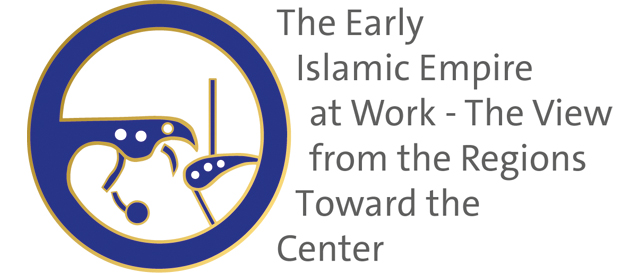Empire and Sultans – Occidental and Oriental Rulers Between Consent and Domination
Peter Thorau (Prof. Institute of Medieval Studies at Saarland University)
Feb. 3, 2016, 6:30 pm, Universität Hamburg, Edmund-Siemers-Allee 1, AS-Saal, 20146 Hamburg
This lecture addresses the concept of medieval imperial rulers. Throughout the 19th century, historians admired the Holy Roman Emperors and attested these rulers’ great power and political influence. They believed that the essential political decisions were made by the emperor at his court, an opinion still found today in the works of some historians. However, this idea contradicts overall conceptions of medieval rule as well as medieval society.
Nearly all of the ruler's decisions were the result of a consensus between him and the magnates of the empire, and it seems plausible that this concept of government was not only applied in medieval occidental societies, but also in their Near Eastern counterparts.
Near Eastern rulers (caliphs or sultans) were almost never a primus super omnes, but much more often a primus inter pares. Wittvogel’s thesis regarding “oriental despotism” must therefore be scrutinized.
For further information on Prof. Peter Thorau



